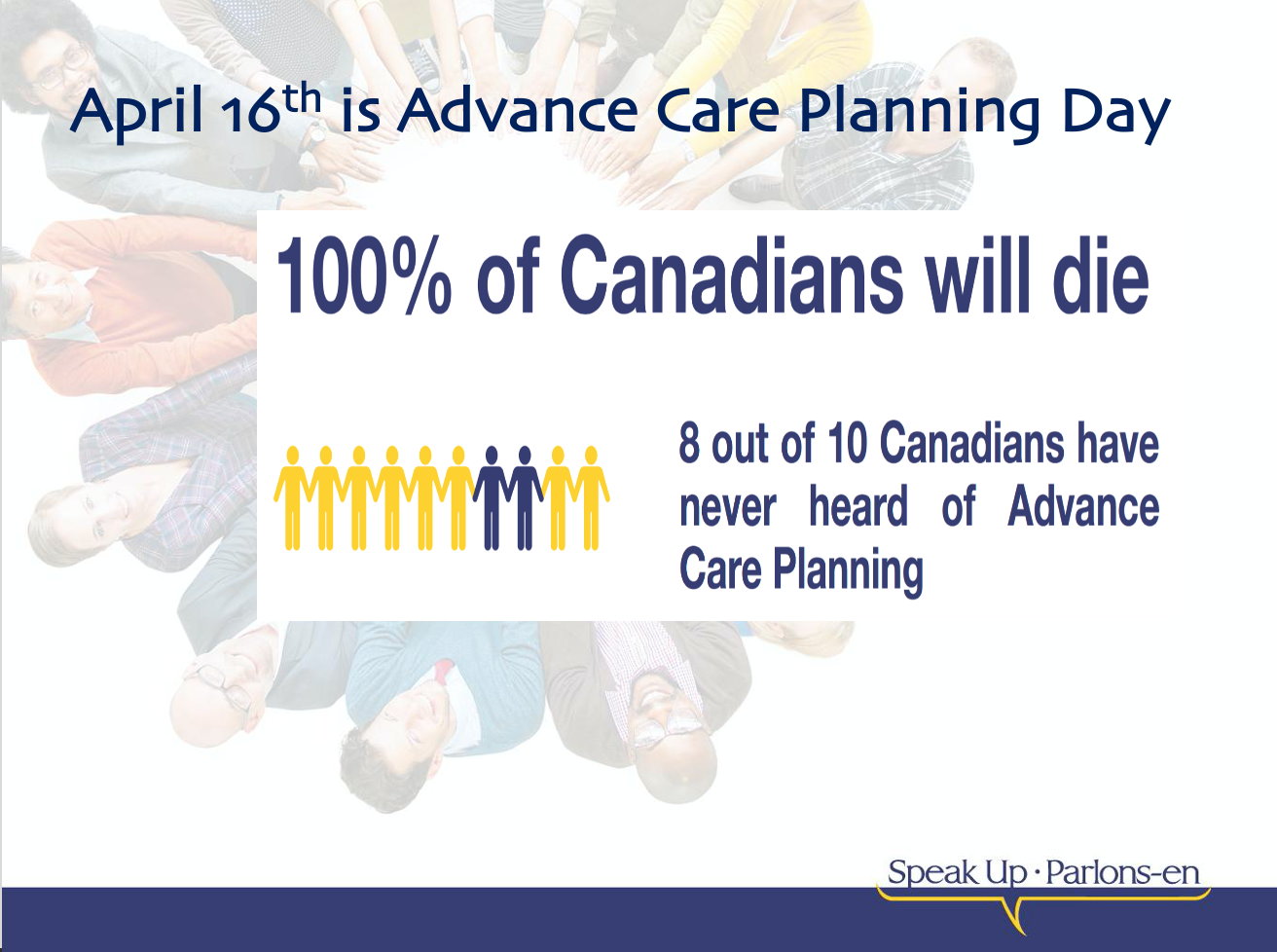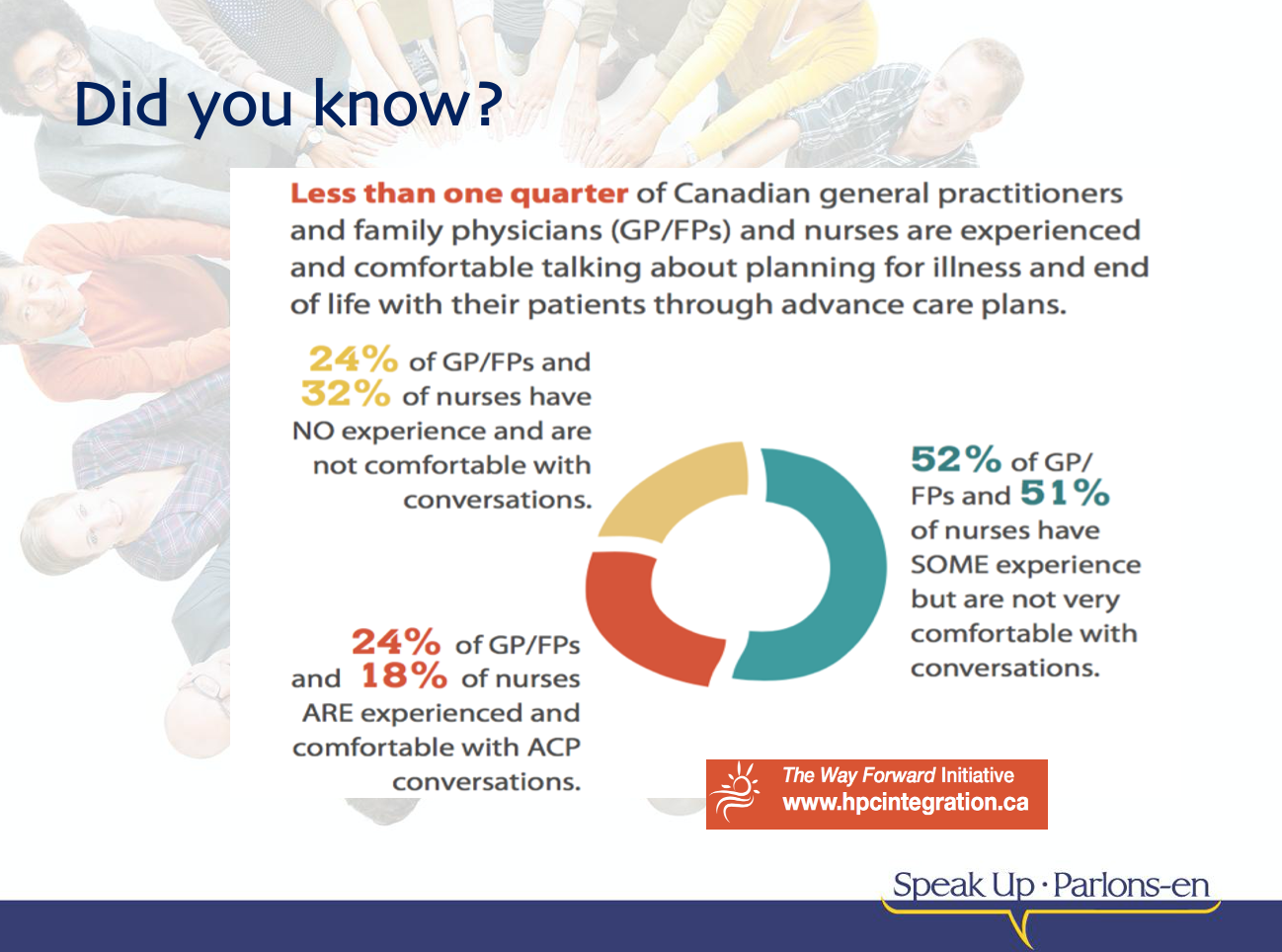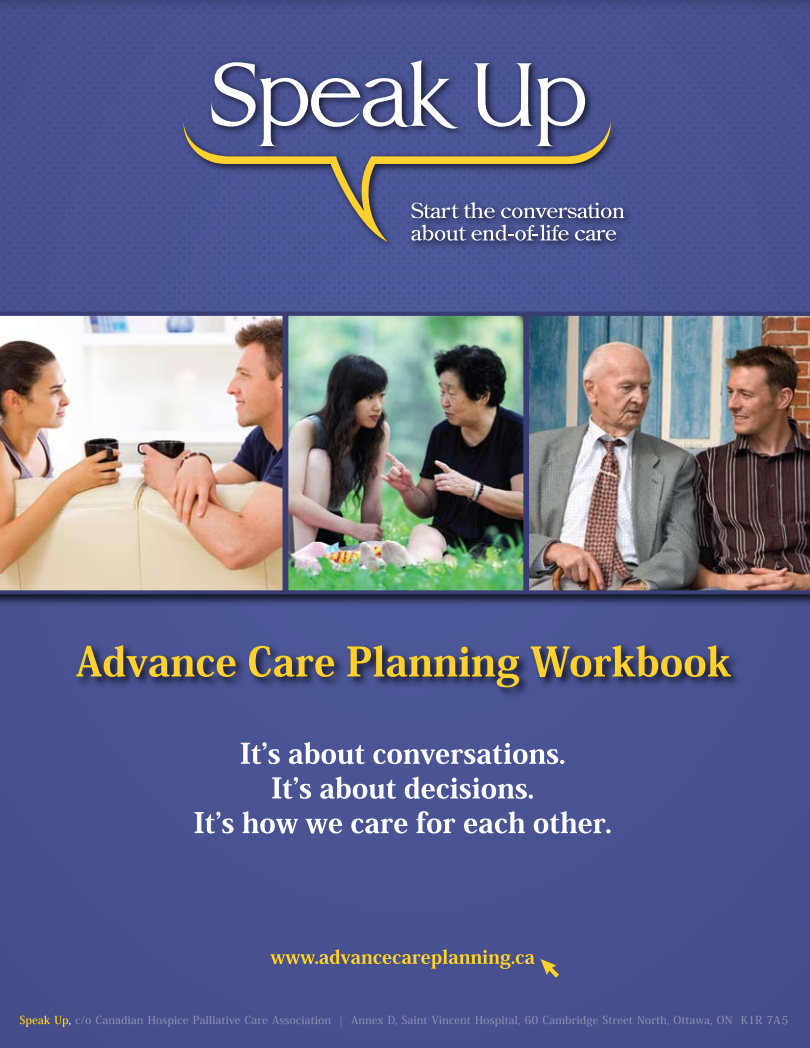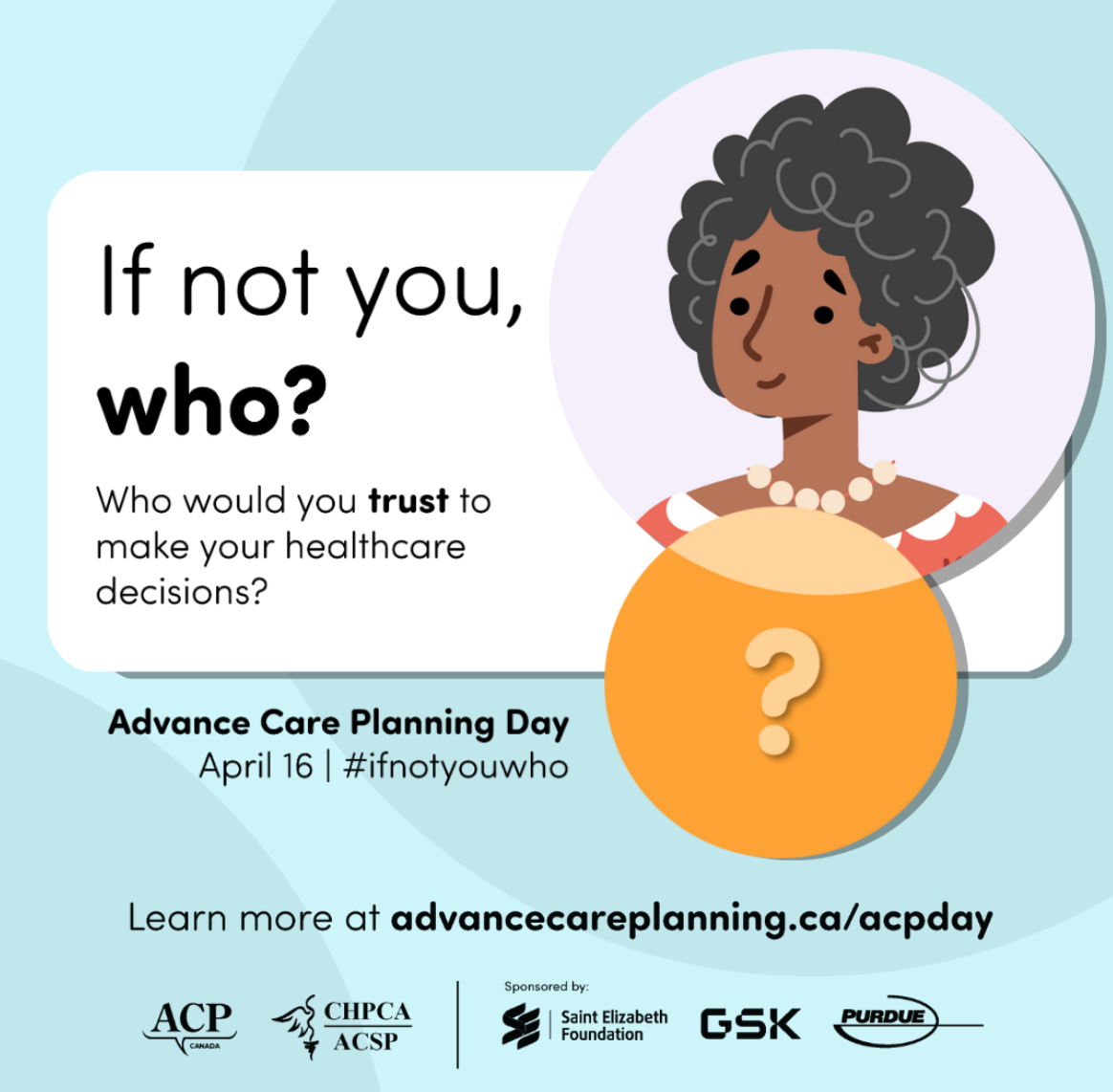“Spoiler alert: we are all going to die
One thing I have noticed as an “empowered patient” is that most people don’t talk about death and dying. We might think about it, but we don’t plan in advance or communicate what we would want if we ever were put in a position where we could not speak for ourselves. I understand. It is an uncomfortable topic.
According to a 2012 report by the California Health Care Foundation, 82% of Californian’s think it is important to put your end of life wishes in writing, yet only 23% have done so. Why is this important?
For one thing, doctors are trained to save people, and without a medical order or an advance directive, a medical team will, by default, try to save your life by all methods possible…
As a relatively healthy 36-year-old, saving my life by all methods possible actually sounds like a good idea! But if I was dying, say from an advanced brain cancer, there is no amount of CPR in the world that is going to cure me of cancer…
The beginning of the end
…The medical team gave J medication to take away any pain he may experience. They removed his breathing tube, and unhooked all machines except for the one monitoring his heart beat. Quickly, his bed was moved to the sunny room where his friends, including myself, were waiting outside by the window.
As soon as the medical team cleared out we poured in. One person set up the speakers. Another friend was ready with the iPod. The door to the medical area was closed. The rest of us swarmed in around him: hands placed on his hands, his legs, his feet. The room was small, so some hovered around the perimeter and in the doorway to the open air…
We fell silent and the first song began…
A friend said “Orange Sky” held a lot of meaning for J. I had never heard this song, but now I will never forget it. I watched J’s heart rate decrease during the first two-thirds of the song, from the low 30s to zero. The monitor began to ding. A friend pushed a button, silencing the sounds. I held J’s feet.
We listened through the end of the song, with our faces on J’s, tears pouring out of our eyes. I was sobbing. We were devastated.
No one danced.
When the song ended there was silence.
Then the scene from a movie played out: A doctor wearing a white coat walked into the room. He donned a stethoscope and raised the end to J’s chest. His hand moved to various areas of our friend’s chest, and down and around to his stomach. He raised each of J’s eyelids to shine a flashlight into the pupils looking to see if they would constrict. The pupils did not move. The doctor looked at the clock and said, “It is 6:11. Take as long as you need.” He exited the room. End scene.
We all stood looking at J for a long time. Then the music began again… ‘We Could Be Heroes,’ by David Bowie.
The end
The best way to capture your healthcare preferences is by having a conversation with your loved ones, appointing a medical decision maker, and then documenting your preferences in an advance healthcare directive.”




















